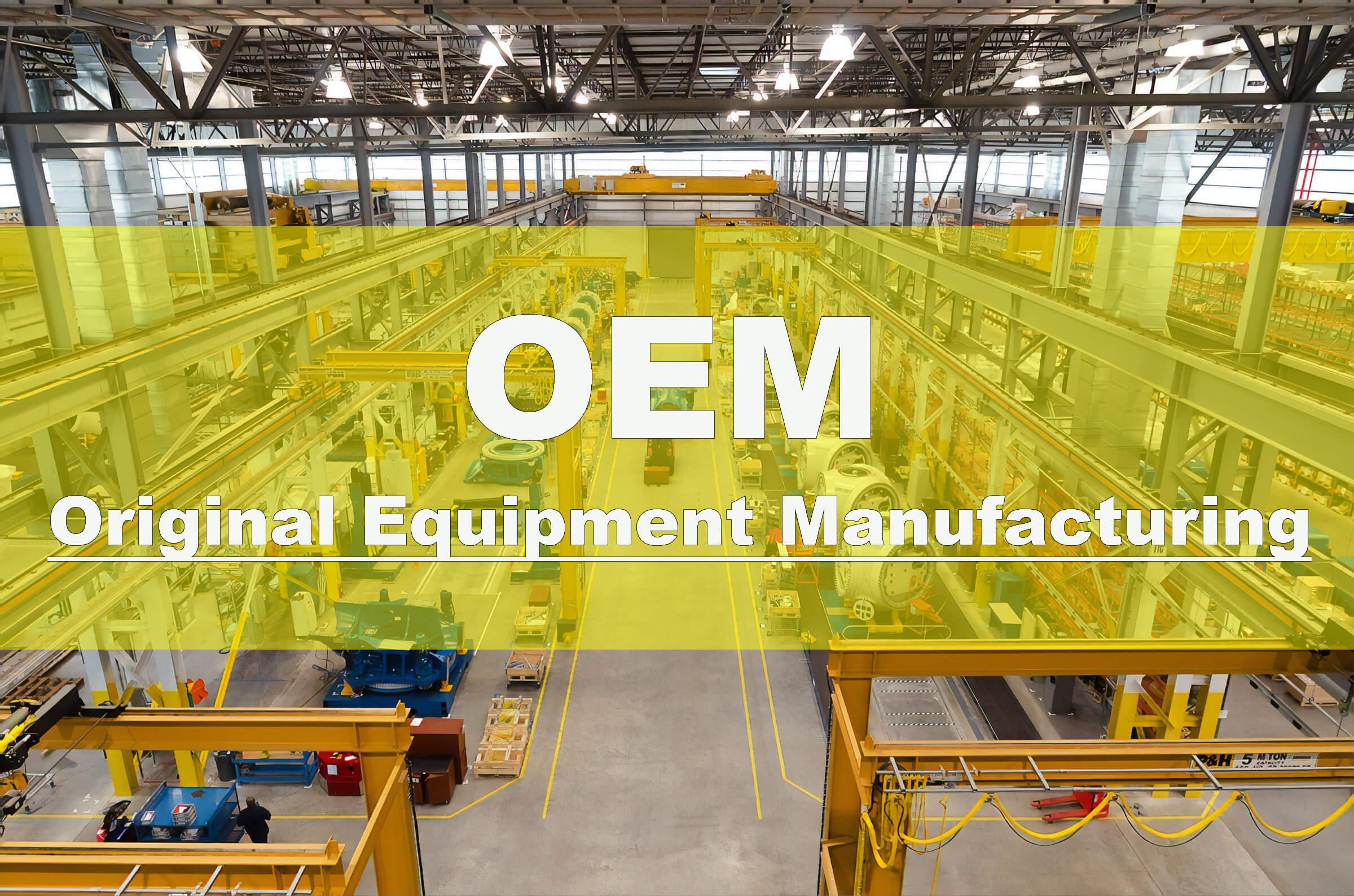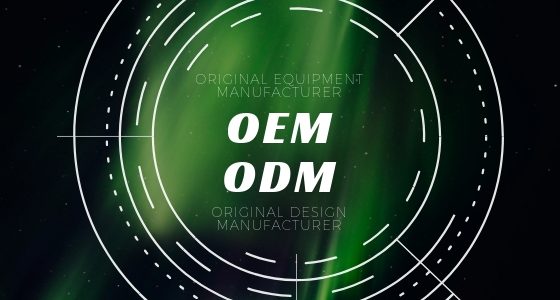If you’re looking to create a new product, you might be exploring the world of OEM and ODM manufacturing. But what do these terms mean, and how do they differ? In this article, we’ll explain the definitions of OEM and ODM manufacturing, the pros and cons of each approach, and provide tips on how to choose the right one for your business.
What Is OEM Manufacturing?

OEM stands for Original Equipment Manufacturer. This means that an OEM company produces parts or products that are used in another company’s end product. For example, a car manufacturer might use an OEM company to produce certain parts for their vehicles.
Pros of OEM Manufacturing
- Lower production costs: Since the OEM company specializes in producing specific components, they can often produce them more efficiently and cost-effectively than the OEM company could in-house.
- Greater control over product quality: By outsourcing the production of some parts, the OEM company has greater control over the quality of those parts, which can lead to a better final product.
Cons of OEM Manufacturing
- Limited flexibility: Because the OEM company is only producing specific parts, they may not be able to accommodate changes to the design or functionality of those parts without significant time and expense.
- Increased dependence on suppliers: Since the OEM company is relying on the OEM manufacturer for key components, any delays or quality issues at the OEM manufacturing facility can cause significant problems for the OEM company’s production timeline.
What Is ODM Manufacturing?

ODM stands for Original Design Manufacturer. This means that an ODM company not only produces the product, but also designs it from scratch. ODM companies typically have a range of existing products that can be customized to fit a client’s needs.
Pros of ODM Manufacturing
- Greater flexibility: Since the ODM company is responsible for both the design and production of the product, they are better equipped to make changes and modifications to the product as needed.
- Reduced development costs: By using an existing product design as a starting point, the ODM company can save time and money on product development.
Cons of ODM Manufacturing
- Limited control over product quality: Because the OEM company is not directly involved in the production of the product, they may have less control over the quality of the end product.
- Higher production costs: Since the ODM company is responsible for both product design and production, their costs may be higher than those of an OEM manufacturer.
OEM vs ODM Manufacturing: Which Is Right for Your Business?

Choosing between OEM and ODM manufacturing will depend on a variety of factors, including the complexity of your product, your budget, and your desired level of control over the production process. Here are some tips for making the right choice:
- Consider the complexity of your product: If you need a highly specific component or part that requires specialized expertise, OEM manufacturing might be the best option. If your product requires a unique design or customization, ODM manufacturing might be a better fit.
- Evaluate your budget: Generally speaking, OEM manufacturing tends to be more cost-effective for simple products, while ODM manufacturing may be more expensive but offer greater flexibility and customization options.
- Decide how much control you want over the production process: If you want to have more control over the design and production of your product, ODM manufacturing might be the better choice.
Private Label Beverage Manufacturing

In addition to OEM and ODM manufacturing, another option for creating new products is private label manufacturing. Private label beverage manufacturers produce products that are sold under a retailer’s brand name rather than under the manufacturer’s brand name. This allows retailers to offer a wider range of products without having to invest in product development and manufacturing themselves.
Pros of Private Label Beverage Manufacturing
- Increased product offerings: Retailers can offer a wider range of products without investing in product development and manufacturing.
- Greater control over branding: By using a private label manufacturer, retailers can have greater control over the branding and marketing of their products.
Cons of Private Label Beverage Manufacturing
- Limited control over product quality: As with ODM manufacturing, the retailer may have less control over the quality of the end product.
- Higher minimum order quantities: Private label manufacturers may require higher minimum order quantities than OEM or ODM manufacturers.
Conclusion
When it comes to creating new products, there are several different manufacturing options to consider. OEM manufacturing is best suited for companies that require specific components or parts, while ODM manufacturing is better suited for products that require unique designs or customization. Private label manufacturing offers retailers the ability to offer a wider range of products without investing in product development and manufacturing themselves. By considering your budget, desired level of control, and product complexity, you can make an informed decision about which manufacturing option is right for your business.
FAQ
- What does OEM stand for? OEM stands for Original Equipment Manufacturer.
- What2. What does ODM stand for? ODM stands for Original Design Manufacturer.
- What is private label manufacturing? Private label manufacturing refers to a manufacturing process where a product is produced by one company and sold under another company’s brand name.
- What are the benefits of OEM manufacturing? The benefits of OEM manufacturing include lower production costs, greater control over product quality, and the ability to outsource specialized components.
- What are the benefits of ODM manufacturing? The benefits of ODM manufacturing include greater flexibility, reduced development costs, and the ability to customize existing product designs.


 Juice Concentrate
Juice Concentrate Vegetable juice
Vegetable juice Juice Milk
Juice Milk Stand Up Pouches
Stand Up Pouches









